If you’re perusing the aisles at a supermarket abroad, you might not be able to find some familiar brands on the shelf. Certain foods or ingredients are often restricted in other countries due to different safety standards when it comes to food additives and preservatives. Although these products are popular in the U.S., their ban in other countries has prompted discussion on what we might be able to do to make them healthier. In the meantime, here are seven popular American foods that other countries won’t allow — and the reasons behind their bans.
Ritz Crackers

Though it’s one of America’s favorite cracker brands, Ritz isn’t sold in many European Union countries, including Denmark, Iceland, Norway, Hungary, Austria, and Switzerland. The crackers contain partially hydrogenated cottonseed oil, a trans fat that has been linked to heart disease, which is why many countries in the EU have prohibited Ritz crackers. (Some locations may sell them with different formulations that adhere to local regulations.) Trans fats such as partially hydrogenated cottonseed oil raise “bad cholesterol” (LDL), which increases the risk of cardiovascular disease.
Twinkies

You won’t find Twinkies in many European countries, such as Norway, Finland, and Austria, as they contain banned or heavily regulated ingredients. Specifically, Yellow 5 (tartrazine), Yellow 6, and Red 40 food dyes either require warning labels or are outright restricted in some EU countries. There are concerns that the unnatural food colorings can cause hypersensitivity reactions (such as allergic reactions or asthma symptoms); some research suggests they also may be linked to behavioral issues like hyperactivity in certain children. Additionally, the sponge cakes with creamy filling contain high-fructose corn syrup and hydrogenated oils, which are highly regulated in the EU.
Stove Top Stuffing
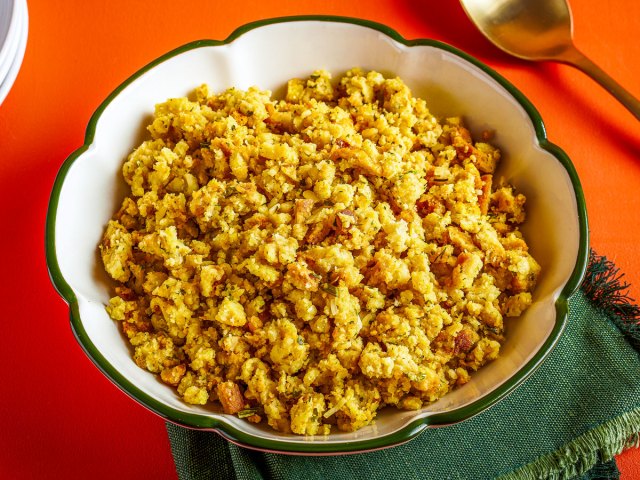
Although it’s popular in the states for Thanksgiving, Stove Top Stuffing is more difficult to find abroad. It contains the preservatives butylated hydroxyanisole (BHA) and butylated hydroxytoluene (BHT), which are restricted or banned in the EU, as well the United Kingdom and Japan. BHA and BHT are flavor enhancers that prevent oxidation and spoilage, but research has shown they are associated with blood-clotting risks.
Coffee-Mate
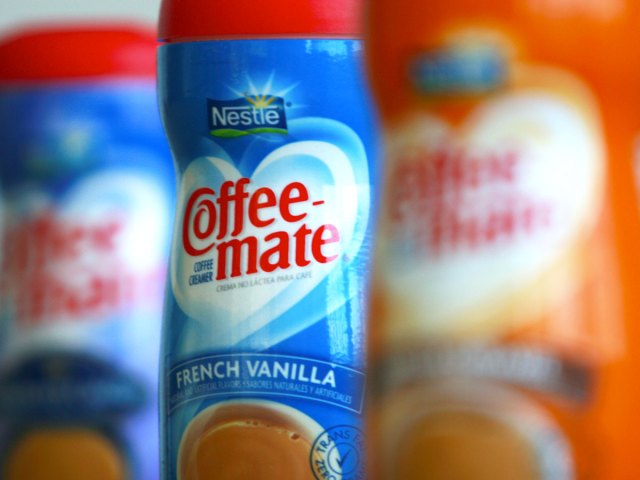
Coffee-Mate is a popular shelf-stable creamer in the United States, but several countries in the EU — such as Norway, Iceland, Denmark, and Switzerland — have determined that there are too many hydrogenated oils and trans fats in the product. Studies suggest that these increase the risk of heart disease, Type 2 diabetes, and Alzheimer’s.
Pork
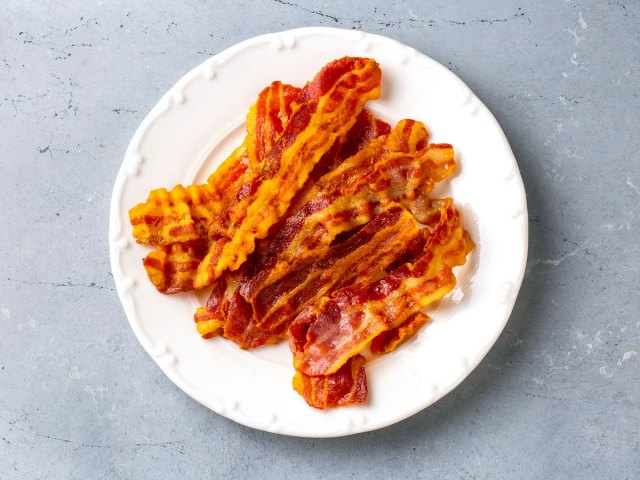
Although many Islamic countries such as Saudi Arabia prohibit the sale of pork for religious reasons, many other countries have strict rules for importing it. In the case of EU countries, pork with ractopamine, a drug used to increase muscle growth in pigs, is banned. Scientists have linked the beta-agonist drug with an increased risk of cancer, atherosclerosis (hardening of the arteries), increased heart rate (tachycardia), elevated blood pressure, and neurological side effects. Additionally, some countries, such as South Korea and the United Kingdom, often temporarily ban pork to control disease outbreaks such as foot-and-mouth disease or African swine fever (ASF) in livestock.
Froot Loops
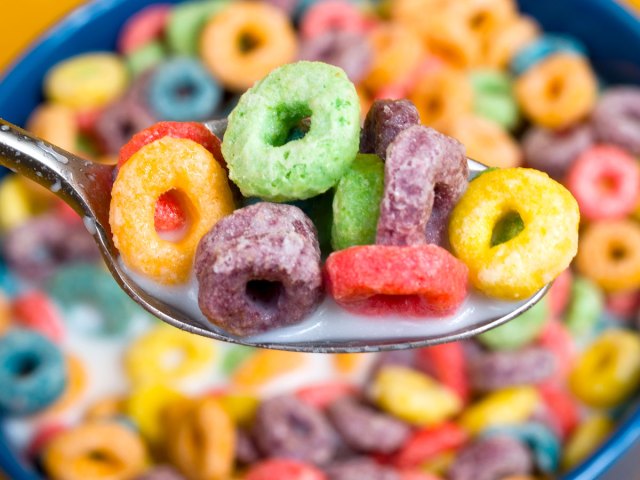
Toucan Sam is a staple in many American households, but you might find a different version of the popular kids’ cereal abroad. The fruity cereal contains Red 40, Yellow 5, and Yellow 6 dyes, as well as the preservative BHT. Kellogg’s sells a version with natural colorings in the United Kingdom and Canada, but some countries ban the breakfast cereal altogether.
Gatorade
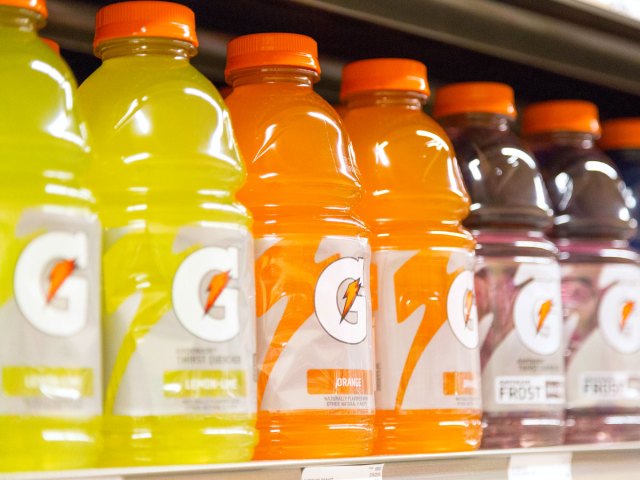
Countries such as the United Kingdom, Japan, Norway, and Austria have also restricted Gatorade, one of America’s favorite sports drinks. Some research suggests artificial dyes such as Yellow 5 and Yellow 6 may be linked to hyperactivity in children. Gatorade also used to contain brominated vegetable oil (BVO), which can cause thyroid damage and neurological symptoms, including memory loss and tremors, but it has been phased out of the product.
More from our network
Daily Passport is part of Inbox Studio, an email-first media company. *Indicates a third-party property.
















